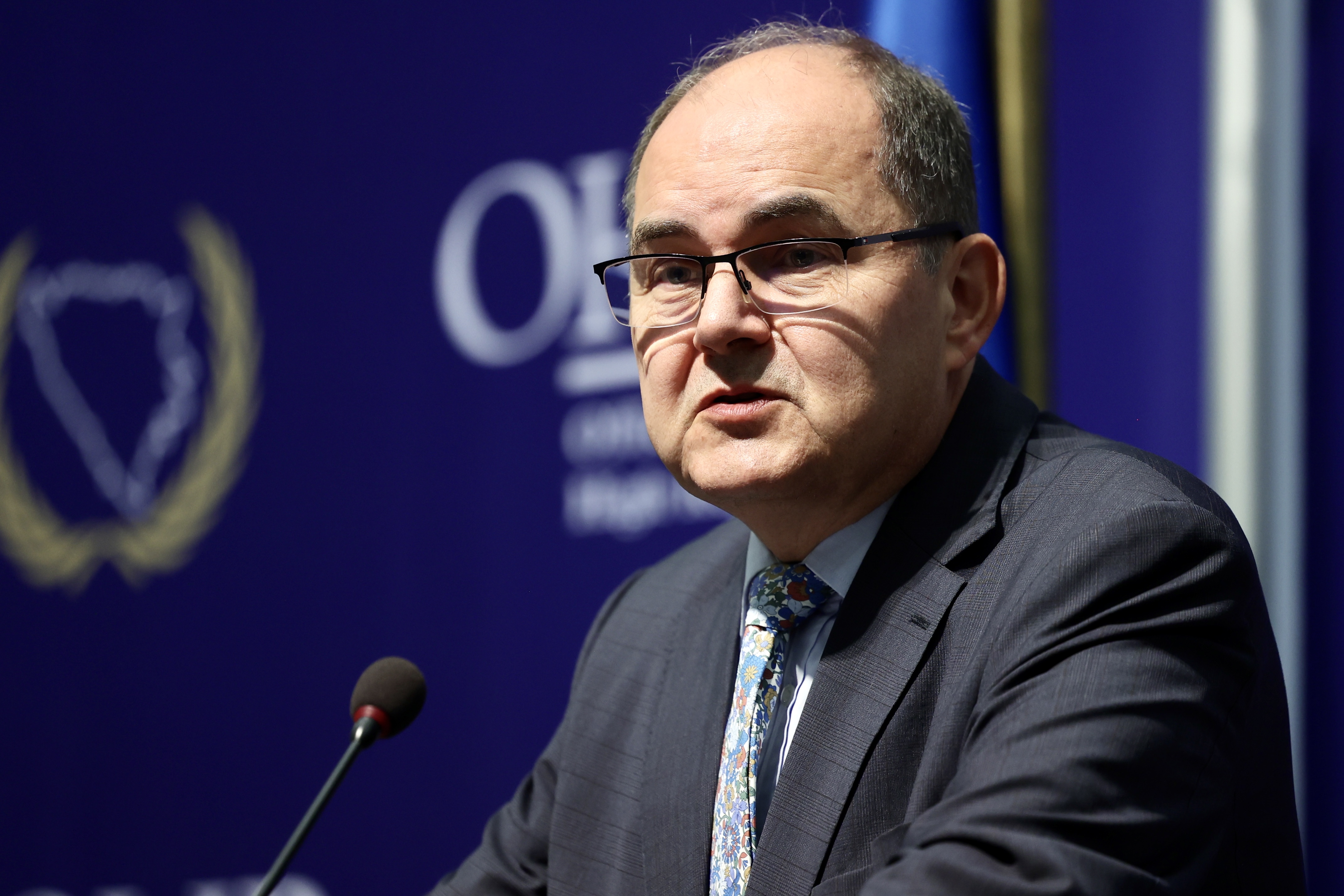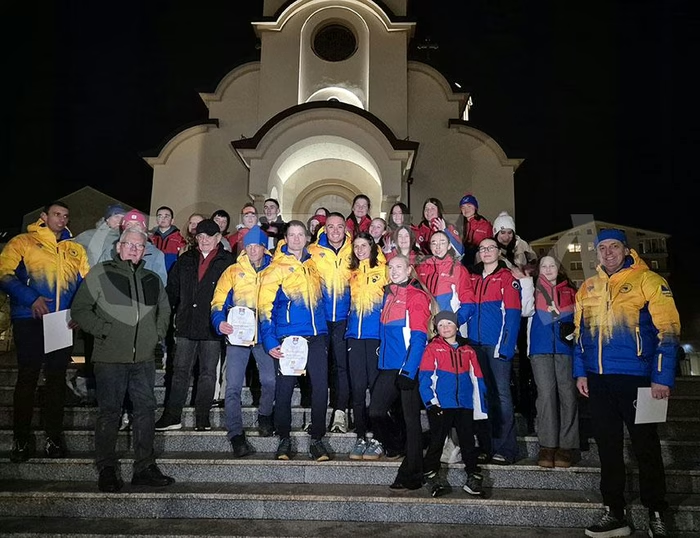High Rep stresses importance of sanctioning war crimes denial in BiH

During his visit to the Srebrenica-Potocari Memorial Center, the High Representative of the international community in Bosnia and Herzegovina, Christian Schmidt, stressed that denial of war crimes and glorification of convicted war criminals “must be tackled by competent institutions with the full force of the law.”
Oglas
Schmidt met with the management of the centre and representatives of the “Movement of Mothers of Srebrenica and Zepa Enclaves” and associations of family members of genocide victims.
According to the Office of the High Representative (OHR), they discussed plans of the Memorial Center, activities of associations aimed at preserving the memory of the Srebrenica genocide, and “what can be done to help competent state institutions in combating denial of Srebrenica genocide and war crimes, including the glorification of war criminals.”
Schmidt also spoke about ways of avoiding misunderstandings and strengthening efforts to avoid abuse of the Srebrenica genocide for political purposes and added that “it is also absolutely necessary to be sensitive and precise when talking about the genocide, crimes against humanity and war crimes.”
He stressed that swift legal processing of all those who either deny war crimes or who glorify perpetrators of these crimes is an issue that is important for advancing reconciliation processes in society.
“Denial of war crimes and glorification of convicted war criminals have a negative effect on reconciliation efforts and must be tackled by competent institutions with the full force of the law,” Schmidt said.
The High Representative informed his interlocutors about a meeting he had with the BiH State Prosecutor to learn what more could be done so that denial of war crimes could be tackled more effectively, and he committed to helping find international partners with expertise in this field to “help BiH judicial institutions to prosecute cases of denial of war crimes or glorification of war criminals with more vigour”.
Following his recent decision to amend the Law on the Center for the Srebrenica-Potocari Memorial and Cemetery for the Victims of the 1995 Genocide, Schmidt wanted to hear about the concrete effects of that decision in terms of facilitating the work of the Memorial Center. He noted that “the work and the legacy of the Srebrenica-Potocari Memorial Center is important for reconciliation efforts in BiH society. To perform this important role Memorial Center needs to develop, free of financial burdens.”
Kakvo je tvoje mišljenje o ovome?
Učestvuj u diskusiji ili pročitaj komentare
Oglas
Kakvo je tvoje mišljenje o ovome?
Učestvuj u diskusiji ili pročitaj komentare
Oglas





 Srbija
Srbija
 Hrvatska
Hrvatska
 Slovenija
Slovenija



























































